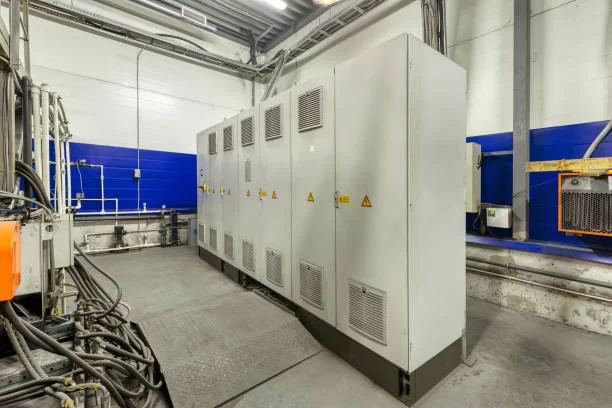The Science Behind Liquid Cooling Energy Storage: Understanding the Benefits and Challenges
Introduction
As renewable energy systems continue to grow, energy storage becomes increasingly critical. Liquid cooling technology has emerged as a key innovation in optimizing energy storage systems for enhanced efficiency and performance. But what exactly is liquid cooling, and what benefits and challenges does it offer? This article explores the science behind this technology and its role in the future of energy storage.
What is Liquid Cooling?
Liquid cooling is a method of dissipating heat by circulating a cooling liquid (such as water or glycol) through energy storage cabinets. The liquid absorbs excess heat, reducing the risk of overheating and maintaining the efficiency of the storage system.
Benefits of Liquid Cooling
- Enhanced Performance:Liquid cooling ensures better thermal management, leading to improved performance and reliability of the energy storage systems.
- Space Efficiency:Liquid cooling systems often require less space compared to air cooling systems, making them ideal for compact energy storage solutions.
- Longer Lifespan:The efficient heat dissipation offered by liquid cooling contributes to extending the lifespan of the components within the energy storage systems.
Challenges of Liquid Cooling
- Maintenance Complexity: Liquid cooling systems require regular maintenance to prevent leaks and ensure optimal performance, making them more complex than traditional air-cooled systems.
Initial Costs: The upfront costs for liquid cooling systems can be higher, though they often result in savings over time due to better energy efficiency.
System Integration: Integrating liquid cooling with existing energy storage systems may require additional components and careful planning.
Conclusion
Liquid cooling represents a powerful tool for enhancing energy storage systems’ efficiency and reliability. As the demand for renewable energy continues to rise, investing in liquid-cooled energy storage can be a strategic choice for future sustainability.

